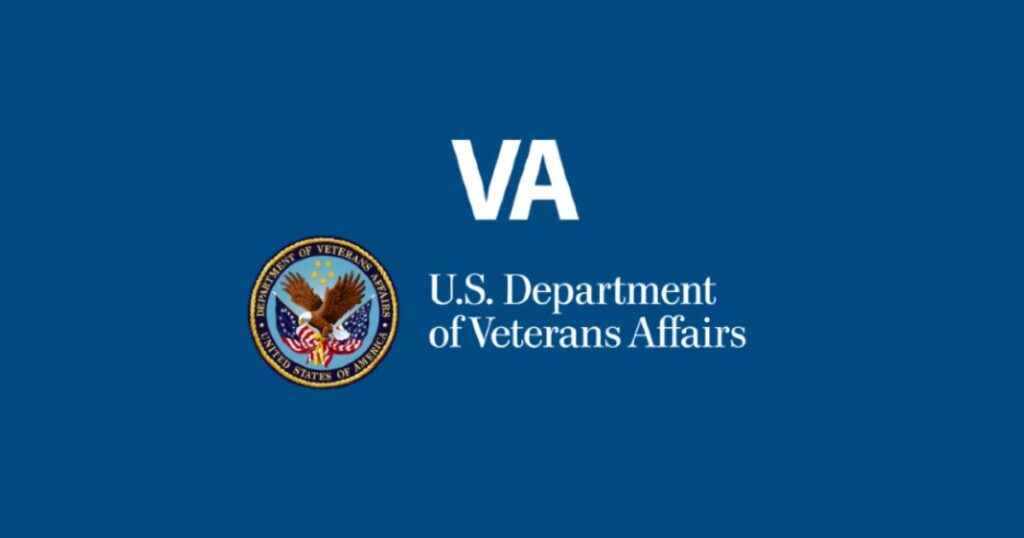To ensure that the Department of Veterans Affairs (VA) is fully compliant with the federal disability law, Sen. Rick Scott announced a bipartisan reintroduction of the Veterans Accessibility Act, providing guidance on how to make programs and facilities more accessible to veterans and disabled people. The bill will establish a 15-person advisory committee on equal access. It consists of disability veterans, disability experts and representatives from advocacy groups. The committee will be responsible for assessing and reporting on VA’s federal disability law compliance and will issue recommendations on how VAs can improve accessibility across all facilities and platforms.
Sen. Kirsten Gillibrand, and Senate Veterans Committee Chairman Jerry Moran and ranking member Richard Blumental have joined Senators to lead the effort in the Senate, with Rep. David Baradao leading fellow laws in the House.
Supporting the law includes the American Paralyzed Veterans, the Association of Blind Veterans, the Association of Disabled Veterans, Iraq and Afghan Veterans, the Association of Deaf and the National Network for Disabilities, the Network for the Rights of Persons with Disabilities, United Spine Association/Vetsfirst, Vietnam Veterans, and the Injured Worrior Project.
“I can’t imagine a federal program aimed at supporting veterans being inaccessible to many people with disabilities and relying on these critical services,” Senator Rick Scott said. “Our veterans are American heroes who have appeared to serve our country, and deserve the federal government that has appeared for them and the VAs ready to support them. I am proud to introduce this important bipartisan law to ensure that they are fully prepared to meet the needs of all veterans, and meet the needs of all veterans to protect their freedom.”
The Veterans Accessibility Act is as follows:
It consists of 15 total voting members representing veterans, accessibility experts, VA employees and veteran services organizations. We regularly advise VAs on information, services, benefits and improving accessibility across the facility. Review and provide recommendations for compliance with the Disability Accessibility Act. It also produces biennial reports on access barriers and advances to make services more accessible.
“Veterans with spinal cord injuries and disabilities regularly encounter physical access barriers when navigating their communities and engaging in the health care and services they need,” says American veteran Heather Ansley. “The Veterans Accessibility Act will help the Veterans Affairs Bureau identify and address such barriers to access at its facilities and online. We appreciate the reintroduction of this important legislation by Senators Scott, Gillibrand, Moran and Blumenthal, as well as their commitment to accessing VAs for veterans with the greatest support needs.”



